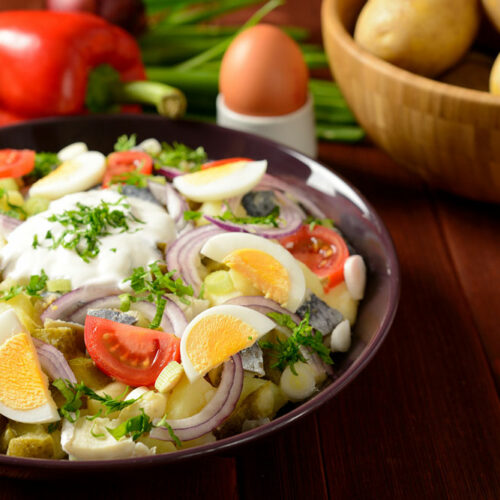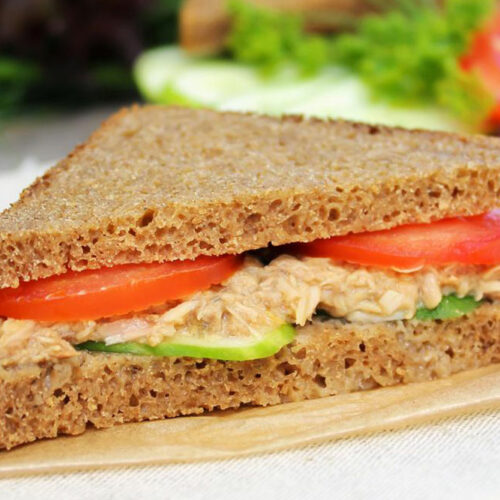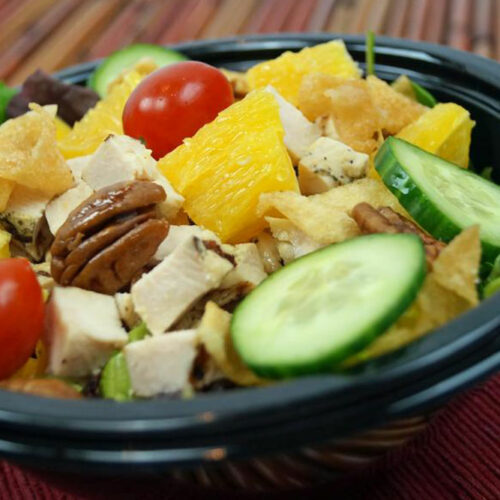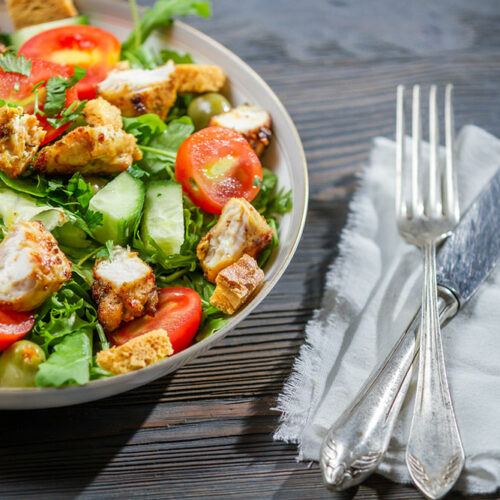
Foods that can help you handle IBS better
IBS or Irritable Bowel Syndrome refers to a common disorder that affects the large intestine. The most common symptoms of this disorder are abdominal pains, cramps, bloating, gas, and constipation or diarrhea. Although the symptoms can be severe, it affects only a few people. It is possible to control the symptoms easily through a well-managed diet, stress-relieving practices, and lifestyle changes. What triggers IBS? Once you learn to identify factors that aggravate the symptoms of IBS , you will learn how to handle these triggers to prevent flare-ups. Firstly, you need to make a proper diet plan so that you can work on problems like belly pains, gas and associated bloating, and constipation and diarrhea. Symptoms are usually triggered because of specific foods. Curbing food allergies and food intolerance are a major part of IBS treatment. However, IBS occurs when you eat or drink specific foods or drinks like wheat products, dairy products, milk, carbonated sodas, cabbage, and citrus fruits. IBS symptoms can also be aggravated because of high-stress levels; stress alone cannot cause IBS. Hormones often play a part in triggering the symptoms. For instance, the symptoms are likely to become worse when women have periods. Foods that can help with IBS: Lean meats are easily digestible. So, you can choose to include white meat like chicken and turkey, lean beef cuts, and pork to your diet. It is best to avoid dark-colored turkey and chicken meats. Eggs are usually easy to digest and are considered safe for people with IBS. They can be consumed when they are boiled, poached, scrambled, or soft-boiled. Omega-3 fatty acids can help reduce inflammation in your body. This helps with the symptoms of IBS. Some examples are herring, salmon, sardines, mackerel, rainbow trouts, anchovies, etc. Vegetables are good for gut health. Earlier, people with IBS avoided vegetables as they thought it would aggravate the symptoms.
Read More 






